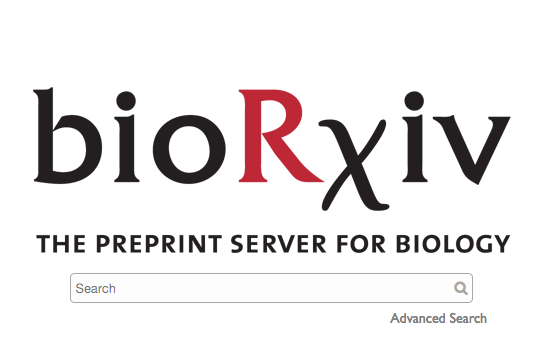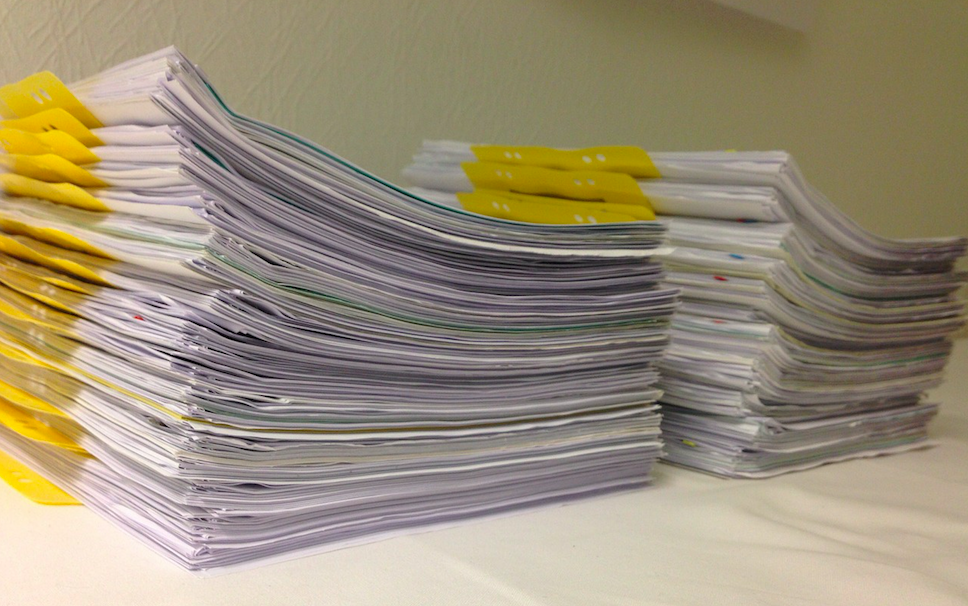
In our digital era, scientists are certainly sharing and reusing open data. Yet it remains unclear how widespread data reuse and citation practices are within academic disciplines, and why scientists cite—or do not cite—data in their research work.

In our digital era, scientists are certainly sharing and reusing open data. Yet it remains unclear how widespread data reuse and citation practices are within academic disciplines, and why scientists cite—or do not cite—data in their research work.

Doctors are moving out of their clinics and taking over the digital world. Many physicians are engaging in digital media, sharing their expertise and opinions on platforms such as Instagram, TikTok and YouTube. But little is known on how doctors are mediating health research on social media. Noha Atef, a postdoctoral fellow at the ScholCommLab, led a series of qualitative studies on doctors who create video blogs (or vlogs) on YouTube.

“Denying a professor tenure, Harvard sparks a debate over ethnic studies,” reads a New York Times story published in January 2020. “After twice being denied tenure, this Naval Academy professor says she is seeking justice,” a more recent headline proclaims. “Academic tenure: In desperate need of reform or of defenders?” asks another.

Once all but unknown to anyone but economics or high energy physics researchers, preprints are becoming more popular across the disciplinary spectrum. These unreviewed reports allow scholars to share their work with the wider research community as soon as it is finished, without having to navigate what can sometimes become a lengthy peer review process.

This blog post is the third in a four part series documenting the methodological challenges we faced during our project investigating preprint growth and uptake.

How do social annotation tools help students learn? We conducted research in three unique university classrooms to find out.

By Juan Pablo Alperin, Esteban Morales and Erin McKiernan. First published on the LSE Impact Blog on July 17, 2019.

Support for the open access movement has grown in recent years, and today more than a quarter of scholarly literature is freely available. Yet, despite years of advocacy work and countless policies and mandates promoting openness, the majority of researchers are still not compelled to make their research outputs publicly available. Why is this the case? What barriers stand in the way of creating real change?

With more than 2.2 billion active users—six times as many as Twitter—Facebook is by far the largest social media platform on the web today. Yet despite its popularity, studies investigating Facebook sharing have reported surprisingly low levels of user engagement with scholarly research on the platform. Are Facebook users really sharing fewer academic articles than Twitter users?